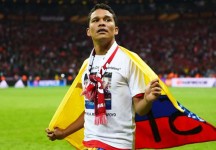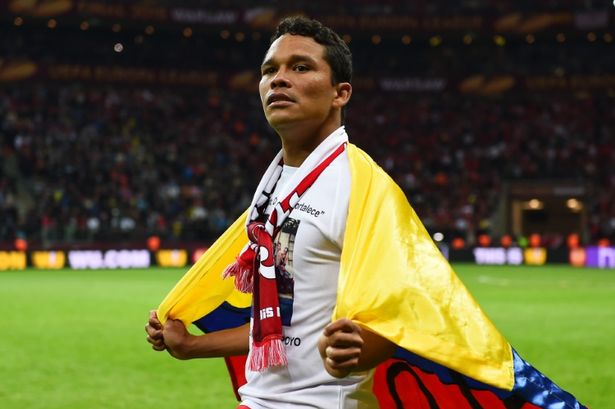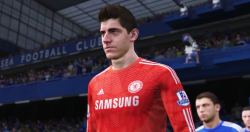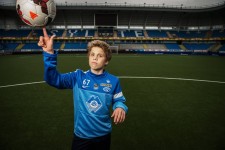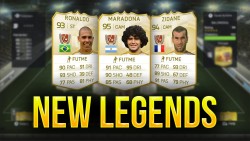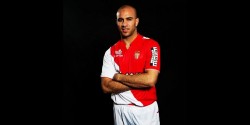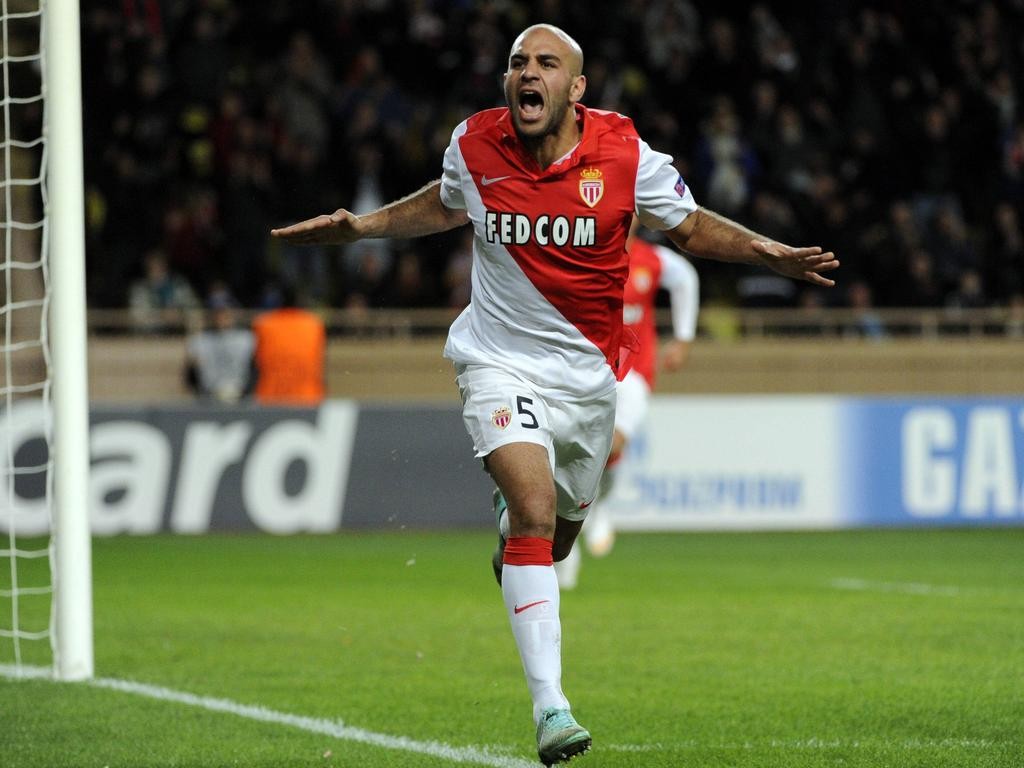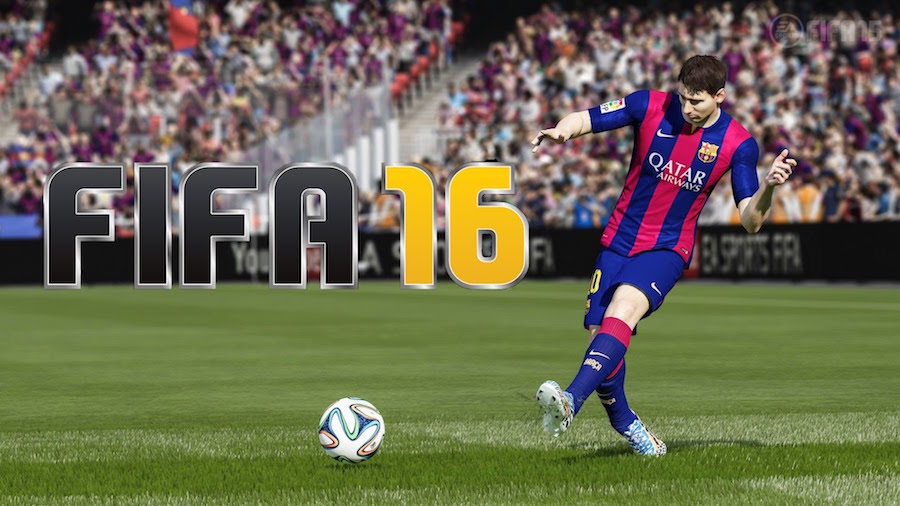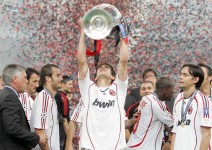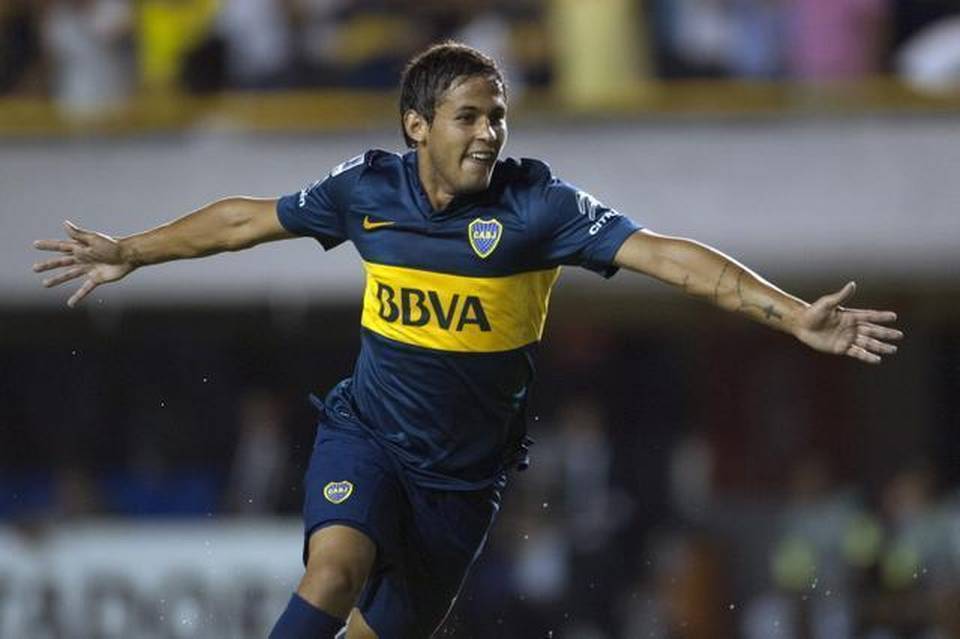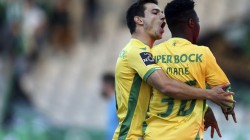
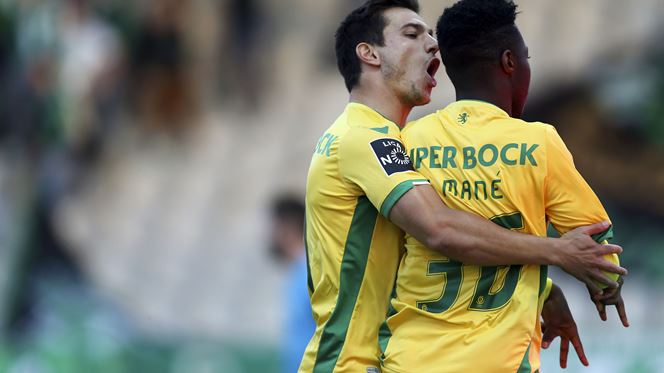
Portugal is not only a popular destination for holiday-makers during the summer months. Professional football clubs across Europe often turn to the Primeira Liga to boost their squads ahead of the new campaign.
Whether it’s a proven performer or a bargain-basement buy, there are plenty of high-quality options available for every club (and every budget) in Portugal’s top flight.
Portuguese football expert Tom Kundert brings you a viable transfer target for every position that could just be the footballer needed to improve your club.
Goalkeeper: Adriano Facchini (Gil Vicente)
It may seem odd singling out a goalkeeper from a team whose season ended in relegation. But towering Brazilian custodian Adriano once again showed he deserves a much bigger stage than one Gil Vicente can offer him, time and time again coming up with miraculous saves thanks to sharp reflexes, athleticism and his commanding 1.87m frame.
Having recently turned 32 he’s probably got another five years of good service in him.
Probable price: Free (out of contract)
Right-back: Cédric (Sporting)
Sporting’s attack-minded full-back has made steady progress in recent seasons, making it all the more surprising that the Lisbon giants let contract renewal talks drag on to a point of no return.
Already a full Portugal international, the improvements made in his defensive game allied to his natural inclination to support the attack effectively (his pin-point crossing a speciality) have drawn suitors from England with Southampton and Stoke said to be close to signing him.
Probable price: €5 million
Left-back: Alex Sandro (FC Porto)
“It didn’t surprise me that Danilo went to Real Madrid, and it won’t surprise me if Alex Sandro follows him,” said former Porto coach Vítor Pereira, a statement that is testament to the Brazilian’s quality.
Sandro is a tenacious defender with enviable energy levels as shown in his willingness to bomb forward when the opportunity presents itself and physically imposing. His big move will surely not be long in coming.
Probable price: €20 million
Centre-back: João Afonso (Vítoria Guimarães)
Plucked from the lower leagues, Afonso took to the Portuguese top flight effortlessly, putting in a series of near faultless performances throughout the season.
A classy defender who packs a punch – he is a real danger at the other end of the pitch at set pieces.
It would be no surprise to see the centre-back move up the ladder after just one season in the Primeira Liga.
Probable price: €3 million
Centre-back: Paulo Oliveira (Sporting)
Captured from Vitória Guimarães one year ago, the centre-back looked shaky at the start of his Sporting career but after establishing himself got better and better and ended the season as the undisputed boss of the Lisbon club’s back four.
Excellent sense of anticipation and extremely strong in the air – at both ends of the pitch – and an ability to learn and develop augur for a bright future.
Probable price: €15 million
Defensive midfielder: Danilo (Braga)
Currently shining brightly at the U20 World Cup in New Zealand, the 19-year-old Brazilian enjoyed a fabulous debut season in Portugal, putting in hugely impressive displays as a near ever-present for Braga despite the fact he is still a teenager.
With remarkable positional awareness for such a young player, a rugged but fair tackler and an accurate passer, there is little doubt Braga are sitting on a goldmine.
Probable price: €17 million
Right-sided midfielder: Bernard Mensah (Vitória Guimarães)
The young Ghanaian has enjoyed a highly productive season and is a big reason for Vitória’s strong showing.
Tall but mobile, able to pick out a pass and a goal threat in his own right, Mensah has a bright future in the game ahead of him.
Probable price: €7 million
Left-sided midfielder: Nico Gaitán (Benfica)
Supremely talented midfielder who oozes class, it is something of a surprise Benfica have been able to keep hold of their magical Argentine for so long.
Chiefly used wide left, but equally incisive when playing in the middle, Gaitán has the skillset to open the tightest of defences with a piercing throughball, unstoppable dribble or perfect shot.
Having given five years of outstanding service to the Lisbon giants, Gaitán is expected to move on this summer, with Manchester United rumoured to be the likely destination.
Probable price: €35 million
Attacking midfielder/false nine: Carlos Mané (Sporting)
The speedy and skilful Carlos Mané is another gem produced by Sporting’s famed Alcochete academy.
Marked his debut with a spectacular goal against Marítimo in 2013/14 and has continued to make good progress this season.
Initially used as a winger, he has proven equally comfortable in a more central position, and despite only recently turning 21, Mané already has 66 first-team appearances and 12 goals to his name.
Striker: Marco Matias (Nacional)
A late bloomer, Marco Matias enjoyed a wonderful season at Nacional, scoring 17 times at a better ratio than a goal every two games in the Primeira Liga to become the top Portuguese goalscorer in the league.
His strong, direct and single-minded approach has been too much to handle for most defences in Portugal.
Probable price: €4 million
Striker: Jackson Martínez (FC Porto)
Top scorer in each of his three years in Portugal, Colombian striker Jackson Martínez is at the very peak of his game. Brimming with power and guile, it is an open secret Porto’s goal machine will not be in Portugal next season.
Reported to be close to signing for AC Milan, but with transfer talks dragging on there may yet be time for a late gazump.
Probable price: €35 million
Written by Tom Kundert
Follow Tom on Twitter @PortuGoal1
Like O-Posts on Facebook
You can also follow O-Posts on Twitter @OPosts
